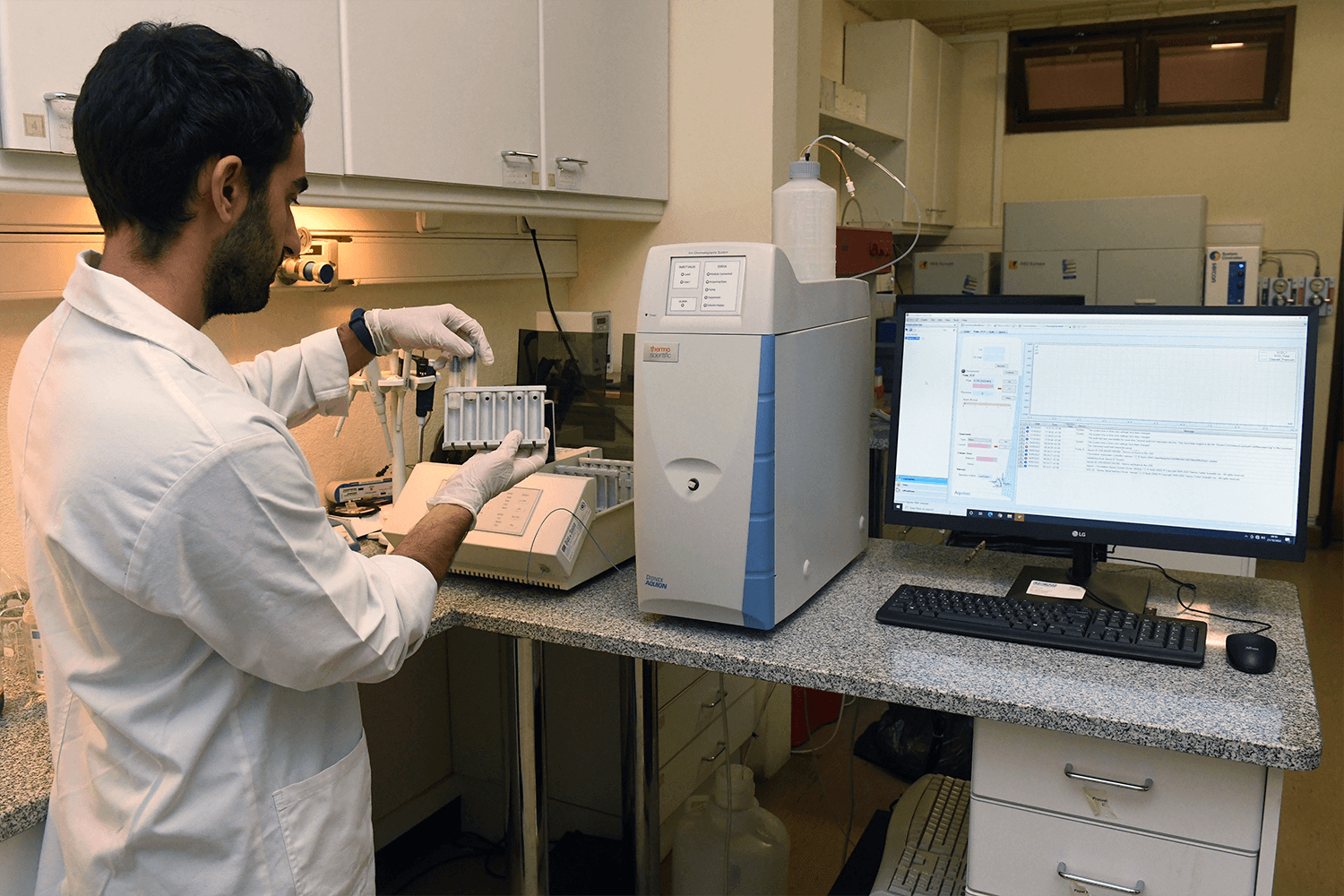The Interdisciplinary Centre for the Study of Human Performance (CIPER) is located at Faculty of Human Kinetics (FMH) at University of Lisbon with a pole at Faculty of Sport Sciences and Physical Education (FCDEF) at University of Coimbra.
CIPER’s current strategic program is implemented through a scientific organization consisting of four specialized research groups. Each group possesses unique skills and fulfils specific roles aimed at advancing CIPER's interdisciplinary research with the objective of promoting functionality through physical activity and sport across all stages of life.

The operational organizational process is governed by a management structure outlined in CIPER's newly approved regulation:
Coordinator: serves as the overall coordinator and is responsible for: (i) monitoring project progress, coordinating work plans, and ensuring research group compliance with their obligations; (ii) administering funding contributions based on executive board consultation; (iii) fulfilling financial and technical reporting as per FCT requisites.
Executive Board: composed of the scientific coordinator, group leaders, and pole leaders, responsible for overseeing overall coordination. The executive board convenes monthly, while each research group will meet bi-monthly.
Scientific Board: comprising all PhD members, serves as the strategic decision-making body, convening at least every six months.
Research Groups: i) Skill Learning, ii) Exercise Precision, iii) Neuromuscular Biomechanics, and iv) Behavioral Regulation. Every integrated member and PhD student belong to one of these groups.
Advisory Board: Comprising eminent scientific figures, collaborates with and evaluates CIPER's research activities.








